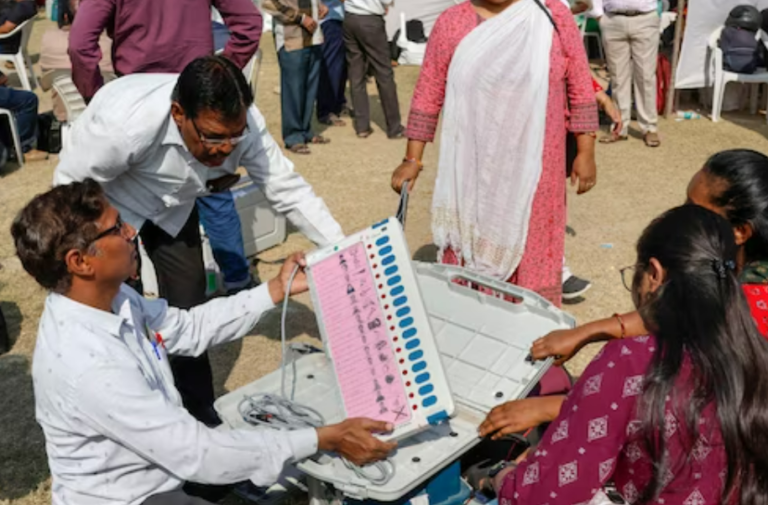This opinion was first published on news18.com | AUGUST 04, 2023
There has been much public debate about a recent research paper by Ashoka University’s Sabyasachi Das which claimed to have found ‘objective evidence’ of ‘democratic backsliding in the world’s largest democracy’. The paper emphatically states this happened ‘in the form of electoral manipulation’ in India by the BJP and claims ‘results consistent with fraud’ while studying the BJP’s vote-share density.
These are serious claims that deserve to be looked at closely. Predictably, the paper has already ignited a vociferous debate between the echo chambers of the Left and critics of the ruling party, who see in it a vindication of long-held beliefs on BJP’s electoral ascendance, and the Right, which sees a conspiracy to besmirch the legitimacy of PM Narendra Modi and the BJP’s poll triumphs. As the debate blew up, Ashoka University distanced itself, saying it was ‘dismayed by the speculation and debate’; that it ‘encourages research but does not direct or approve specific research projects by individual faculty members’ and ‘social media activity or public activism by Ashoka faculty, students or staff in their individual capacity does not reflect the stand of the University’.
Das presents several datasets and dozens of charts as ‘evidence’ of what he calls ‘significant irregularities’ and ‘electoral fraud’. These are big claims. How robust are they? And does the evidence stack up?
The simple answer is No. Here are four reasons why:
REASON 1
To begin with, the crux of Das’s argument boils down to the basic assertion that the BJP, in 2019, won more seats in closely contested contests that the historical pattern would otherwise have shown…………
REASON 2
Of 41 seats that BJP won among the 59 seats won with less than 5% vote-share that the author lists, about half were won in non-NDA ruled states……..
….
The charge is that officers from BJP-ruled states had something to do with electoral manipulation in polling booths they were deployed to. Yet, the fact is among opposition-ruled states at the time, among the 59 close contests that Das lists, the BJP won:
- 6 of 10 in West Bengal
- 6 of 10 in Odisha
- 2 of 4 in Chhattisgarh
- 4 of in Karnataka.
- Overall, BJP won 63.3% of these 59 close contests in non-BJP states and 75.8% in BJP ruled states. (After correcting for Andaman and Nicobar and Dadra and NH, which were erroneously listed in the paper as non-BJP ruled states, and are in fact centrally administered union territories. This has been pointed out by @saiarav)….
REASON 3
The paper argues that manipulations occurred in voter registrations. As evidence, it says that statistically, the growth rate in the electorate vis-à-vis 2014 in seats BJP won narrowly was 5% lower than the growth rate in ones it narrowly lost. The allegation is that Muslim voter names were deleted, and hence BJP won close contests….
REASON 4
Just winning ‘excess’ seats does not necessarily imply fraud, as Das himself writes. The wins could also be because of several other factors, including better campaigning (precise control). Yet, Das chooses to privilege ‘fraud’ and ‘manipulation’ as the better explanation without any concrete ground evidence. The only basis he uses for this measure is one – just one question – from the National Election Survey 2019, which asked voters ‘Did a candidate/party worker of the following parties come to your house to ask for your vote in the last one month?’ Basically, he finds that because BJP home visits, calculated in this survey, were not significantly larger than those by other parties therefore campaigning couldn’t have been the reason for more wins….
Read full opinion on news18.com
This opinion was first published on news18.com | JULY 27, 2023


